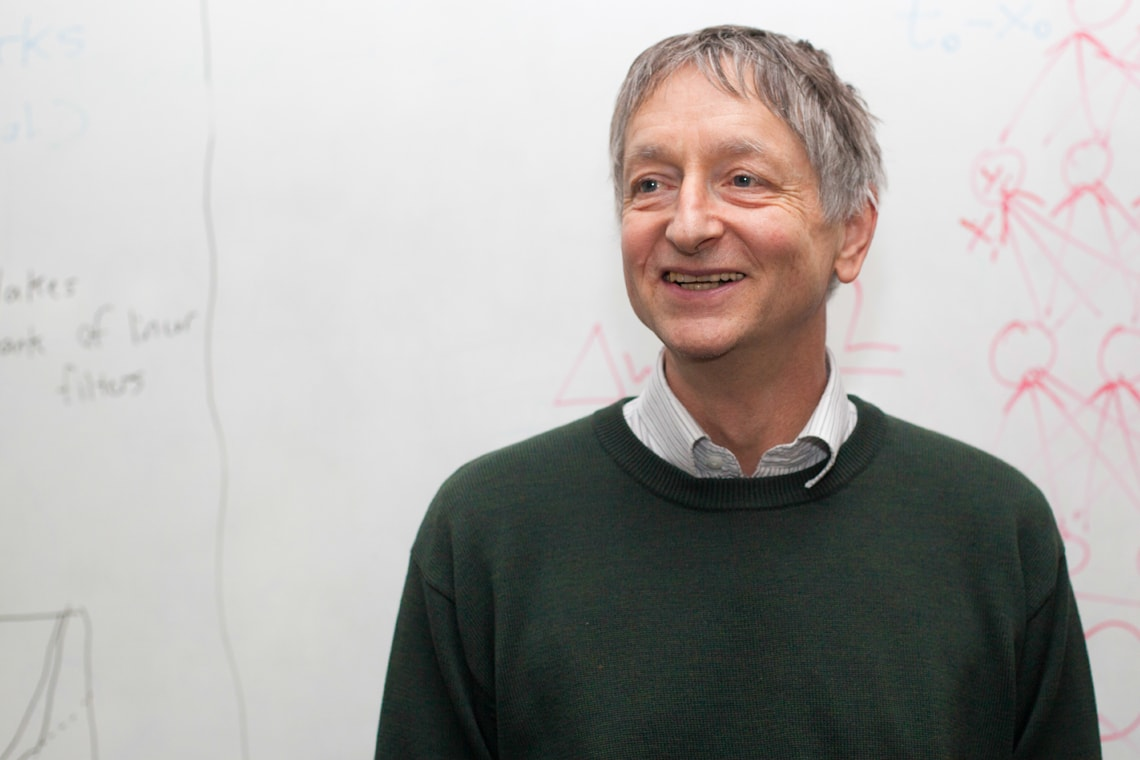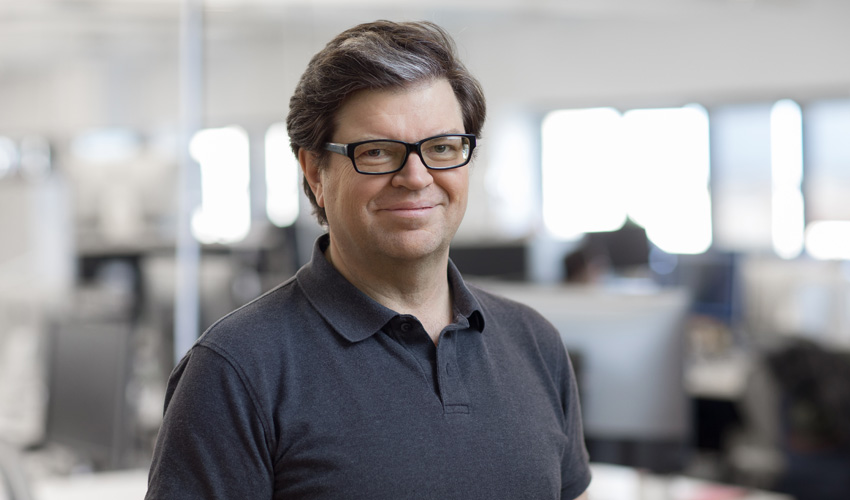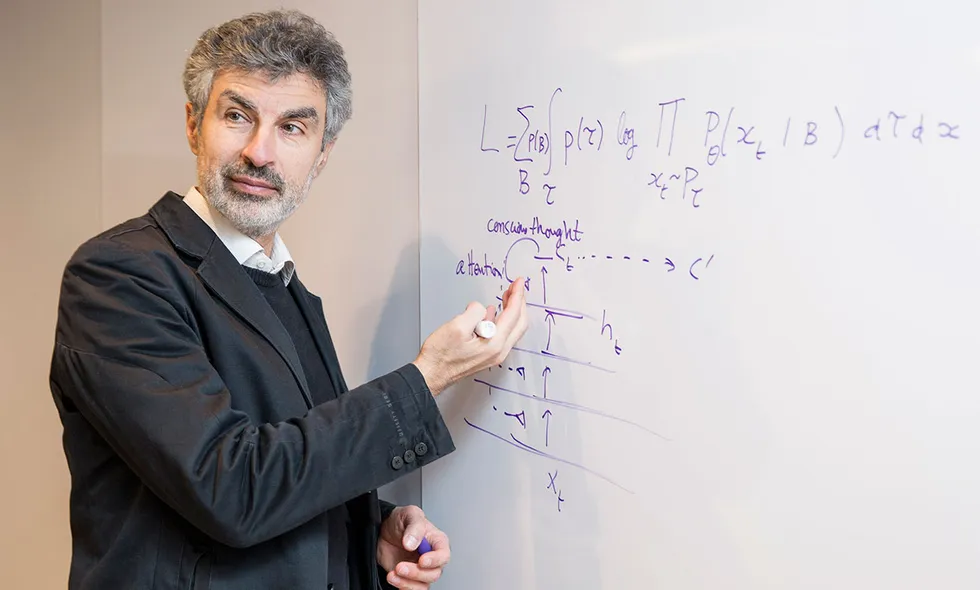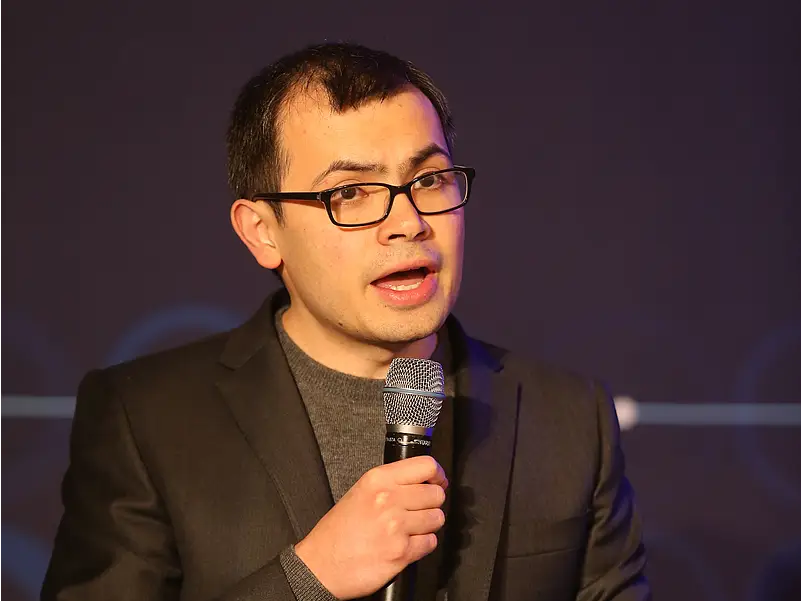The Princess of Asturias Foundation, a non-profit private institution in Spain, recognised four scientists for their advanced work in artificial intelligence last week. The four pioneers – Geoffrey Hinton, Yann LeCun, Yoshua Bengiowere and Demis Hassabis were honoured with the ‘2022 Princess of Asturias Award for Technical and Scientific Research’.
Hinton, LeCun and Bengio were honoured for the breakthrough and advancements of machine-based deep learning, where computers are able to learn through complex algorithms automatically. The AI-innovating trio is considered the ‘godfathers of deep learning’, which uses neural networks for computer vision, voice recognition, and natural language processing.
Google-owned DeepMind’s CEO Demis Hassabis was the fourth award recipient.
The Princess of Asturias Foundation aims to promote scientific and cultural values, consolidating the links between the title traditionally held by the heirs to the Crown of Spain and the Principality of Asturias.
Geoffrey Hinton

 In 1986, Hinton first invented the backpropagation algorithms, which are fundamental for training neural networks. Later in 2012, the algorithms allowed the innovator to create a convolutional neural network ‘AlexNet’, which was made up of 650,000 neurons trained with 1.2 million images. This registered an error rate in object recognition of 26%, about half of the previous AI systems.
In 1986, Hinton first invented the backpropagation algorithms, which are fundamental for training neural networks. Later in 2012, the algorithms allowed the innovator to create a convolutional neural network ‘AlexNet’, which was made up of 650,000 neurons trained with 1.2 million images. This registered an error rate in object recognition of 26%, about half of the previous AI systems.
In 2021, Hinton published a document on the platform arXiv presenting ‘GLOM’, an innovative project which involved the usage of a new vector model for representing and processing visual information in a neural network. The project is still in the development phase.
Yann LeCun


Meta’s VP and chief AI scientist Yann LeCun made contributions to the development of Hinton’s backpropagation algorithms. In 1989, LeCun created LeNet-5 – a recognition system used for characters written on bank checks – representing major advancements for optical character recognition technology.
He later pioneered the development of DjVu image compression technology, which is used by millions of users on hundreds of websites to access scanned documents on the internet today. His other stints include deep learning methods for human-computer interaction, document recognition, and speech recognition.
Yoshua Bengio


Canadian computer scientist Yoshua Bengio has contributed to probabilistic sequence models used for handwriting and speech recognition, along with unsupervised learning. Bengio is currently studying advanced algorithms in extracting pattern recognition and data representations, and also helping understand complex relationships and high-level concepts.
He is the author of three famous books on deep learning, along with being one of the promoters of the ‘Montreal Declaration for a Responsible Advancement of Artificial Intelligence’.
Demis Hassabis


Hassabis is the innovator in the creation of a neural network model combining the capabilities of an artificial neural network with the algorithmic power of a computer. In 2021, the DeepMind team in a joint-project with the European Bioinformatics Institute, predicted the structure of over 350,000 human proteins (44% of all known proteins) with a high level of accuracy.
The foundation’s jury said that the work “represents a huge advance in techniques, ranging from voice recognition, the processing of natural language, and the perception of objects”.